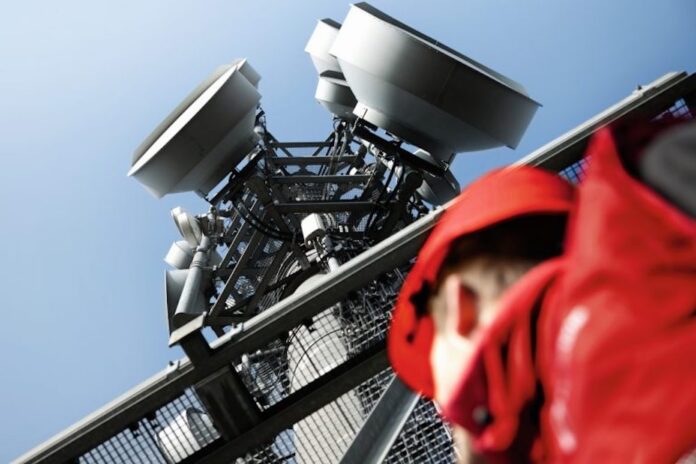Deadline for Net Zero brought forward to 2027
Britain’s Vodafone Group has announced more measures across its divisions as it seeks the Holy Grail of infinite sustainability and brought forward its target for reaching Net Zero to 2027. The actions include equipment upgrades, training a specialist youth wing of green coders and deploying new combustion techniques for off-grid power generation.
In the UK older energy burners, like servers and cooling systems, will be replaced with less consumptive equipment that could save 167 million kilowatt hours of electricity, removing 15,000 tonnes of CO2 from the atmosphere. The old equipment is to be recycled. Meanwhile a move to an entirely electric car and van fleet across its European network is being rolled out. “At Vodafone UK we’re committed to achieving our net-zero carbon emissions by 2027 across the entire UK operations. It is a hugely ambitious target, one we’re committed to achieving and confident we will achieve,” said Vodafone UK network and development director, Andrea Dona.
In Romania, a hot-bed of programming talent, the Vodafone Romania Foundation is creating a Green School of the Future with a brief to help 6-14 year-olds use their burgeoning digital skills to solve green problems. They will be put into a sustainability-themed competition where they use a Scratch app to illustrate a solution to an environmental problem that concerns them. At the end of the competitions, both the children and the libraries they represent will receive prizes totalling €8700 (42,500 Romanian Leu). The programme was designed by Vodafone Spain Foundation in collaboration with the University of Salamanca.
In rural Romania, Vodafone is using Ammonia, one of the most effective and energy-dense carbon-free hydrogen carriers, to generate electricity at its mobile telecoms towers. The technology is managed by GenCell Energy, a specialist provider of hydrogen and ammonia power solutions and SIMTEL Team, Romania’s top rooftop photovoltaic installer. The system complies with strict zero-emission sustainability objectives, according to GenCell CEO Rami Reshef. “Alkaline fuel cell technology can help operators implement renewable power solutions directly at mobile sites, even when they are located in remote locations and the toughest climate conditions” said Reshef.



